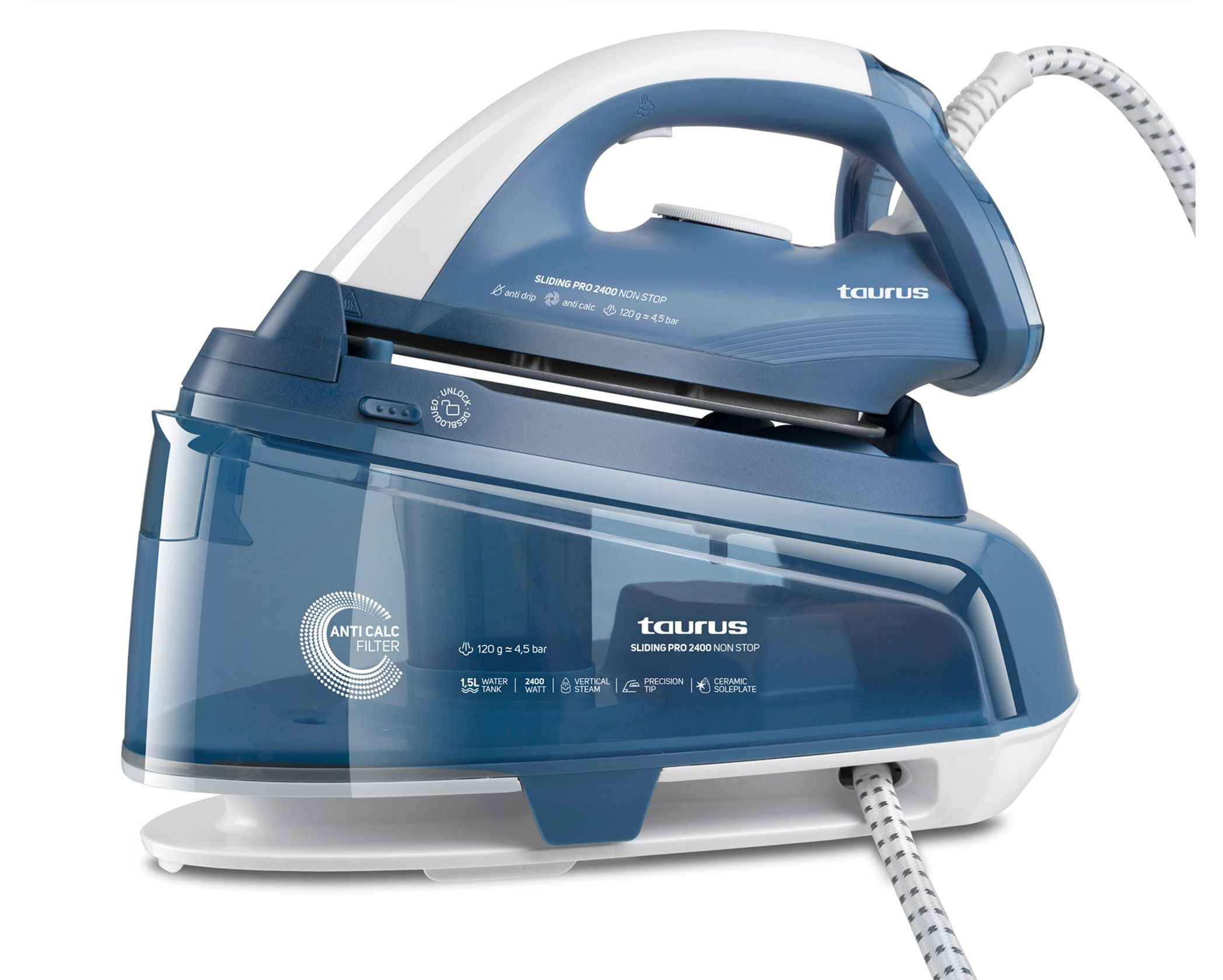

Don’t want him losin’ his head to the Washingtonian!” Inside, the stationmaster shakes his head and smiles, “I never should ‘a taught-cha that as a young’un. C’mon, let’s go.” I follow Dad back to the platform.

“That’s the Bolton Road crossing at the far end of town. Suddenly, in the far distance, a deep-throated train whistle roars through the night. Dad releases his grip but I keep listening to the mesmerizing rhythm as it slows and grows louder. I hear the faintly rhythmic clickety-clack radiating from within the rail. I wait with my ear uncomfortably pressed to the cold rail for several minutes and then blurt out. Then, to my surprise, Dad takes my head firmly in his hands and gently forces my left ear onto the cold steel rail. You won’t find many in town except the ones I made.” “When you get back,” Dad smiles, “I’ll have your own 51-cent coin for you. He positions the penny in the center of the half dollar and tapes the whole to a steel rail. He glances at his watch and then pulls a worn silver half-dollar, a Lincoln penny and a roll of adhesive tape from his pocket. This crossing connects the town proper to warehouses, a grain depot and a rambling carpentry shop that makes the new steel-edged skis that are all the rage in Stowe.Īt the end of the platform, Dad jumps down, ignoring the stairs, and signals me to jump into his arms, one of my favorite things. I follow Dad outside towards the grade crossing at the far end of the platform. The stationmaster sticks his head out to say that the train’s just passed the Jonesville grade crossing and will arrive in fourteen minutes.ĭad beckons me to follow him, winking at the stationmaster, who shakes his head in a gesture of disapproval. The silence is interrupted by a burst of telegraphic clicks. Four varnished hardwood slat benches with concave seats on both sides dominate the center of the waiting room. The waiting room has recently been repainted off-white, its peeling plaster simply painted over leaving the impression of frozen whitecaps on the walls. The far wall is covered with brass hooks from which a dozen oak clipboards hang, clutching sheaves of schedules and freight manifests.

Several telegraph keys and sounding boxes sit on the tidy oak desk along with a black Bakelite phone. Inside the stationmaster’s office a bay window juts out from the station onto the platform so that he can see either way down the express tracks and the siding without going outdoors. The narrow shelf on the lower door functions as a ticket counter when the upper half is open. A Dutch door separates the stationmaster’s office from the waiting room. We step out into the cold night air and climb the freshly painted wooden steps into the cavernous warmth of the station where a pot-bellied Prussian General wood stove, topped with a chromed oak leaf cluster, sits in a corner on the trackside of the station radiating heat from the coal fire inside.ĭad chats with the stationmaster, whom he’s known since he first drove the jitney between Morrisville, Stowe, and Waterbury. A jovial announcer details the items offered: a freshened Guernsey - a PTO pulp saw, “needs a new drive belt” - an International Cub tractor with belly mower “runs good” - a Maytag wringer-washer with stainless tub “like new” - an Emerson floor model radio … “needs a rectifier tube” - an American Flyer sled … “faster ‘n a Ford - a 450-pound sow … “good mother, good breeder, eatcha outta house and barn, best offer, will trade.”Īs we arrive in Waterbury, Dad drives through the well-lit downtown and parks next to the pale red-brick train station, where I will leave soon for my first trip to New York City to visit my grandmother. The evening edition of the “Trading Post,” a kind of radio lawn sale, absorbs us. Traces of opalescent light emblazon the western horizon as we drive south along Route 100 with the car radio tuned to WDEV. The Montreal-New York Ambassador at the train station in White River Junction on Aug.


 0 kommentar(er)
0 kommentar(er)
